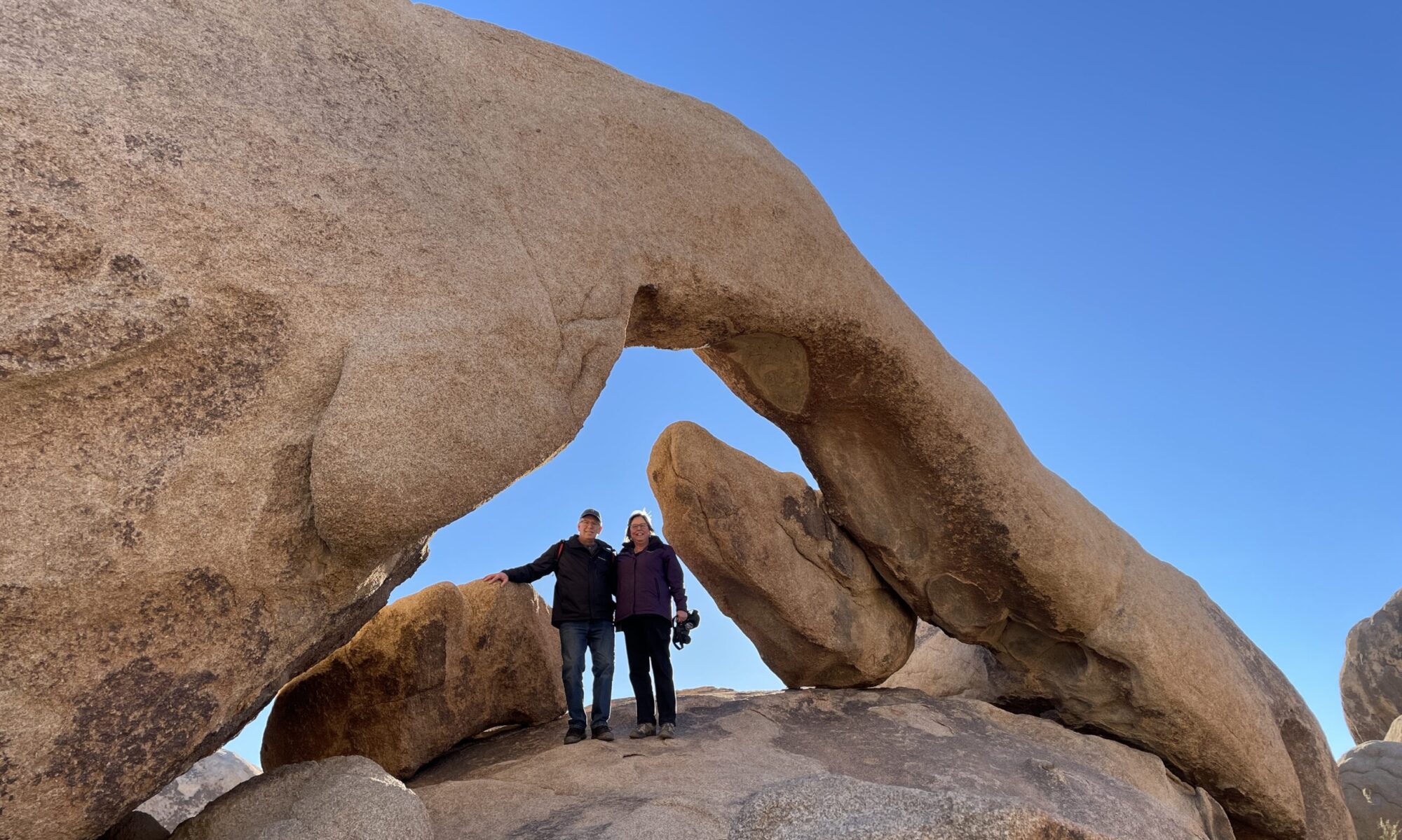When I was a child, my best friend and I were going to be scientists and football players when we grew up. Upon high school graduation, I went to CMU with an interest in engineering. That interest then traveled through meteorology (being a weather reporter), pre-law, and eventually accounting.
When I expressed an interest in ministry in the course of my undergraduate studies at CMU, my parents were supportive in a very practical way. They said that I might want to consider getting trained in a good profession in case ministry did not work out. I am grateful for my accounting degree, the two years I worked in public accounting at a regional accounting firm, and the three years I worked with a father-son accounting firm in seminary.
My early experience in public accounting already included responding to a call to ministry, so I don’t consider myself a second-career pastor. And I have used my accounting background in every place I have served.
I remember great advice for exploring vocations around the time I was graduating from college. I was encouraged to look at the people who were deemed to have “made it” in my potential profession and then decide whether I liked them or not.
It turns out that pastors are blessed and burdened in many of the same ways and the same proportions as people in other professions. In my life, the pastors and mentors all have served in ministry as what Henri Nouwen called “wounded healers.”
I still appreciate the advice of looking at the people who have “made it” in a given profession and deciding whether I like them. To that standard I can add the work we get to do and the joy we find in doing it. From all those perspectives, I still find ministry the best way to respond to God’s claim on my life.
Anne Lamott in her book, Plan B: Further Thoughts on Faith, describes this frustrating, then redeeming encounter with her son, Sam:
He sat down in the dirt, and we talked in a stilted, unhappy way. I practiced being right for a while and he was sullen; then I practiced being kind. Things improved a bit. My friend, Mark, who works with church youth groups, reminded me recently that Sam doesn’t need me to correct his feelings. He needs me to listen, to be clear and fair and parental. But most of all he needs me to be alive in a way that makes him feel he will be able to bear adulthood, because he is terrified of death, and that includes growing up to be one of the stressed-out, gray-faced adults he sees rushing around him.

![]() Anne Lamott guides us as she describes her encounter with Sam. The kind of people we are and the work we do contribute to the hope or despair of those who come behind us. Are we more interested in being right or being kind? They are not mutually exclusive qualities. We are called to speak the truth to one another in love. However, our emphasis or exclusion of truth or kindness makes a pretty clear difference to people. We feel that difference like Sam did.
Anne Lamott guides us as she describes her encounter with Sam. The kind of people we are and the work we do contribute to the hope or despair of those who come behind us. Are we more interested in being right or being kind? They are not mutually exclusive qualities. We are called to speak the truth to one another in love. However, our emphasis or exclusion of truth or kindness makes a pretty clear difference to people. We feel that difference like Sam did.
Are we alive in a way that lets those who come behind us know that it’s OK to be disciples of Jesus Christ? What are they learning from us about belonging to a faith community and the pretty clear difference it can make in the quality of their lives? Is part of our truth that kindness and mercy and compassion are better ways of healing wounded people?
How appealing is life in our congregation to people who are just starting their intentional spiritual journeys?
 As a congregation, we are witnesses to the effects of long-term commitments to God and each other. Pastors come and go but the ongoing identity of Greenville First United Methodist Church is all of you, the congregation. As we approach our first anniversary, I am grateful for the inspiration, grief, commitment, fellowship, service, and laughter that you genuinely share. And I am encouraged by the many opportunities we have for ministry in new contexts (partnership with City Church; digital and online engagement).
As a congregation, we are witnesses to the effects of long-term commitments to God and each other. Pastors come and go but the ongoing identity of Greenville First United Methodist Church is all of you, the congregation. As we approach our first anniversary, I am grateful for the inspiration, grief, commitment, fellowship, service, and laughter that you genuinely share. And I am encouraged by the many opportunities we have for ministry in new contexts (partnership with City Church; digital and online engagement).
Let’s keep growing in our love of God, our neighbors, and ourselves as we thank God for the grace to “make it” as wounded healing disciples of Jesus Christ.

